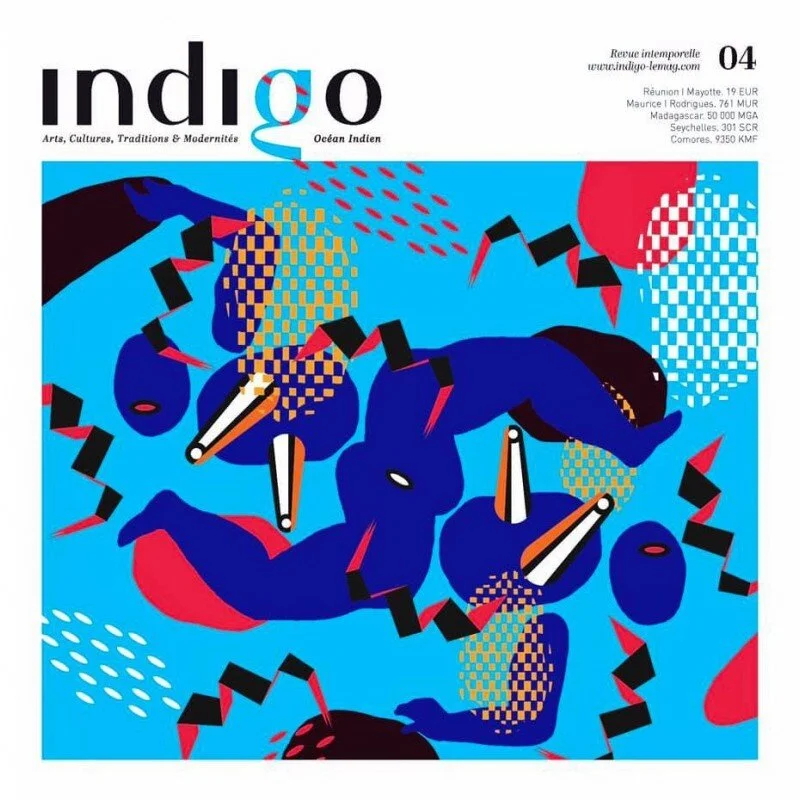They go really well together.
Kidding. Well, not actually kidding at all. But that's not what this is about.
So, more specifically: book reviews and wine descriptions. They're starting to get scarily similar.
No, I haven't started reading about "hints of oak" or "overtones of caramel" in book reviews. But you know the thing about wine descriptions: there are a select few people in this world whose palates are trained enough to be able to pick out those notes of plum or dark chocolate without being prompted. For the rest of the world, there's just a simple difference between good wines and bad wines. And for the most part, it's all completely subjective. Your own tastes determine whether a wine is good or bad to you, whether you'll enjoy it or not. There are a few wines that pretty much everyone agrees are universally good, but even there, everyone may have a different reason for drinking it.
The more book reviews I read, the more I think that books are just the same as wine. There are lots of good books out there, and lots of not-so-good ones. But move beyond that almost-universal dichotomy, even ever so slightly, and it suddenly becomes a matter of personal taste. I think Perec and the Oulipo crowd are fascinating; other people can't get over the craziness. On the flip side, I really appreciate the widely-acclaimed Maidenhair, but I still haven't managed to finish it.
I read a book for a class last spring that I thought was . . . fine.* I thought the book had some pretty ambitious and admirable goals, but that it didn't really achieve many of them. But there are other reviews out there, other readers who think the book was amazing. They've used words like "vibrancy" and "liveliness" to describe the author's writing. They speak of an "authenticity" in the retelling that I didn't see. They describe the "impassioned" and "arresting" story, which are very present emotions that I didn't feel.
I know book reviews can be extremely subjective, but there's also a rather large element of authority that we ascribe to many book reviewers. It's the same kind of trust we place in sommeliers and winegrowers, the ones who know the terroir, who know the kind of volcanic soil in Sicily that give this particular wine its peat-moss quality, the lack of rain in the third week of August in 2003 that causes the elevated sweetness of that particular Riesling, the bourbon barrels that age one of California's Cab Sauvs in a specific way. They know things, so we trust them.
But if you can't taste the peach, does that mean you're a bad wine drinker? If you don't feel "arrested" by the story, does that make you a bad reader?
No. Of course not. The beauty of humankind's variety, all our wide-ranging tastes, and all that. Personal preference will always have some sort of effect on our judgment of subjective artistic endeavors, whether experienced over our palate or through our brain. As long as you can explain why something didn't mesh with your tastes--in an intelligent fashion, without making personal attacks--your opinion is just as valid as any reviewer's.
------------
*This has no bearing on the author, whom I met--I think this person is pretty fabulous and a great speaker. I'm also purposefully not giving enough information to identify either the work or the author, since this is not about my personal experience with the book, but rather just looking at the general subjectivity of literary enjoyment.





